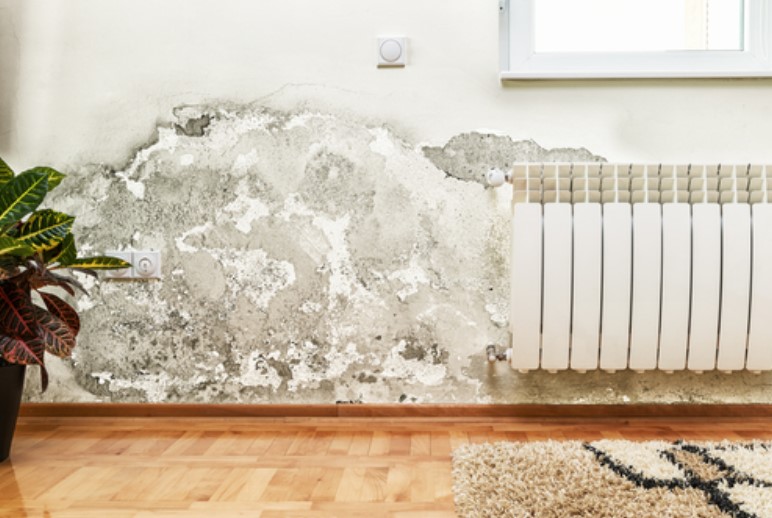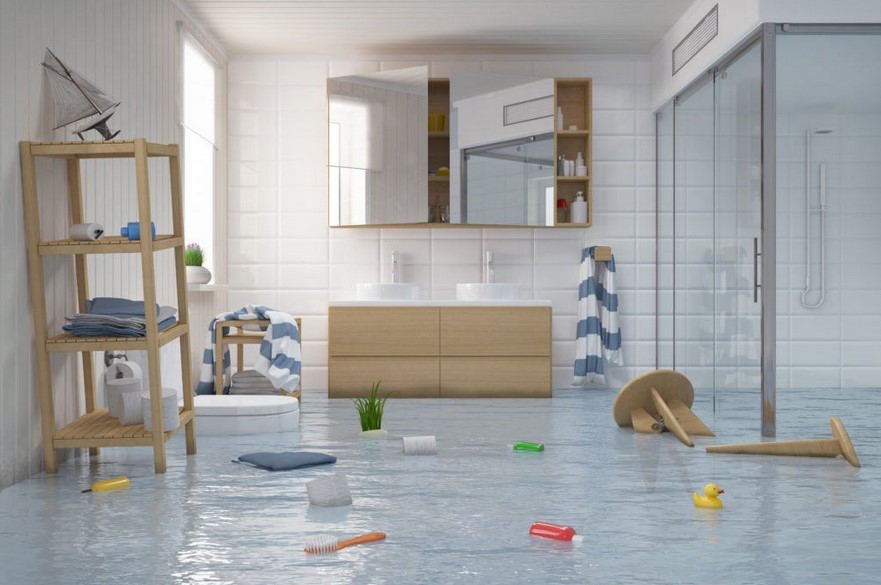

A “supercell” rainstorm inundated the North Side of Chicago Sunday afternoon, causing cars to stall and water pipes to burst. Hundreds of residents reported flooded basements and impassible intersections. By late Sunday evening, the rain had mostly stopped, and the water had receded into the city’s sewer system. Nevertheless, many residents spent Sunday pumping water from their homes and checking their cars for damage.
Signs of water damage
Water damage can occur in many ways, from a burst pipe to an HVAC malfunction to widespread flooding. Whatever the cause, water damage Chicago North Shore can devastate any property owner. Even though it’s a daunting process, there are ways to repair and restore the property as much as possible.
Hidden leaks are challenging to detect, but routine home inspections can help. For example, cracked and flaking drywall can indicate water damage. Other signs include peeling paint or blistering wallpaper. Also, check seams and corners where walls meet floors and ceilings.
In addition to detecting leaks, it is crucial to know how to prevent further damage. Small leaks can be repaired using a wooden block and rubber, but more significant leaks need the assistance of a professional. It is also essential to remember that sewage line bursts are dangerous and should be attended to immediately. If left untreated, sewage line bursts may cause mold to grow.
Cost of water damage restoration
Many factors determine the water damage restoration cost, including the location and amount of water. The kind of water damage that occurred and the extent of its damage also play a role. Water damage Chicago North Shore restoration is different for every homeowner, and it will depend on the specific situation.
Before the water damage restoration process can start, the water must be removed from the area. This will minimize the chance of structural damage. Depending on the water source, this step may be minimal or extensive. The goal is to remove any source of moisture and other potential avenues for mildew and mold growth. Once the water is removed, further work is needed to disinfect and dry the space properly.
Water damage can cause extensive damage to your home. Water damage can occur due to many different problems, including sewage backup. A sewage backup is severe because it creates a health hazard. Electrical damage is another common problem that can lead to water damage. In addition, even a minor flood of clean water can cause mold and mildew. Getting your home cleaned up properly can save you a ton of money.
Renters’ insurance
Renters’ insurance is a valuable tool to protect your personal belongings from various risks. For example, it will cover the cost of replacing lost or damaged items in the event of theft or damage. It can also protect you from liability for injuries and legal fees if a third party sues you.
In addition to covering the cost of replacement items, renters’ insurance may cover the costs of repairing the building. In some cases, renters’ insurance also provides coverage for temporary housing costs while repairs are being done. For example, if the water damage has destroyed the flooring of your apartment, you may be able to claim damages from your landlord. If you’re a tenant in a building with multiple units, you’ll likely need to report any damage to your facility to your landlord.
A landlord’s renters’ insurance policy should also cover the legal liabilities of the property, including the legal costs of any damages resulting from water damage. Some landlords’ insurance policies will cover tenants’ personal property, but not if the damage is caused by negligence. However, if your landlord requires renters to purchase renters’ insurance, you may be able to prevent any renter-insured claims.
Renter’s responsibility
In Illinois, the landlord is responsible for maintaining a rental property in habitable condition. They must provide essential plumbing, such as a working toilet and hot and cold running water. A landlord can also be held liable for damage caused by water. The landlord’s liability for water damage depends on the lease and state laws. If the landlord fails to make necessary repairs, the tenant can sue for damages or terminate the lease.
Water damage can occur for various reasons, from leaking appliances to a natural disaster. Therefore, it is essential to understand your responsibilities as a renter and your rights in the event of such an event. Here are some tips to help you make the most of your rights.
In Chicago, the landlord is responsible for maintaining the property, including inspecting it for damage. It must also make sure that the property meets the Chicago Building Codes. Failure to make necessary repairs could lead to additional damage or mold growth. While there are basic codes regarding tenants’ rights, Chicago Housing Authority rules and Chicago landlord-tenant laws may vary slightly.








